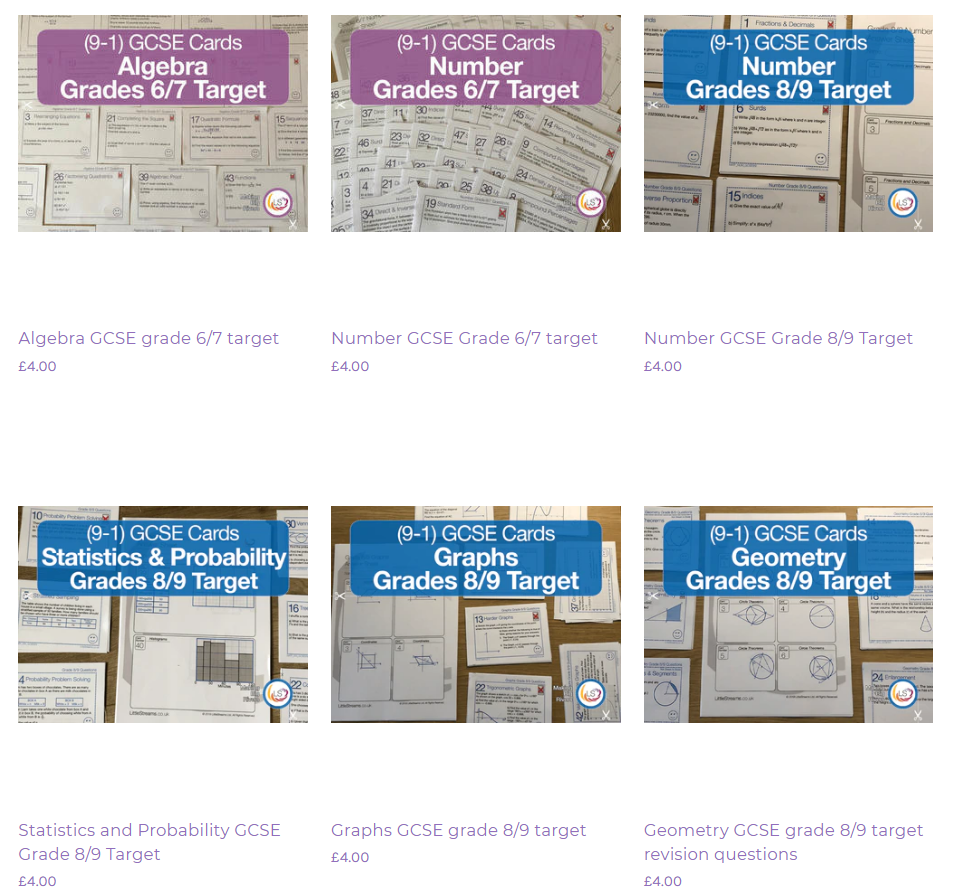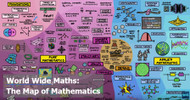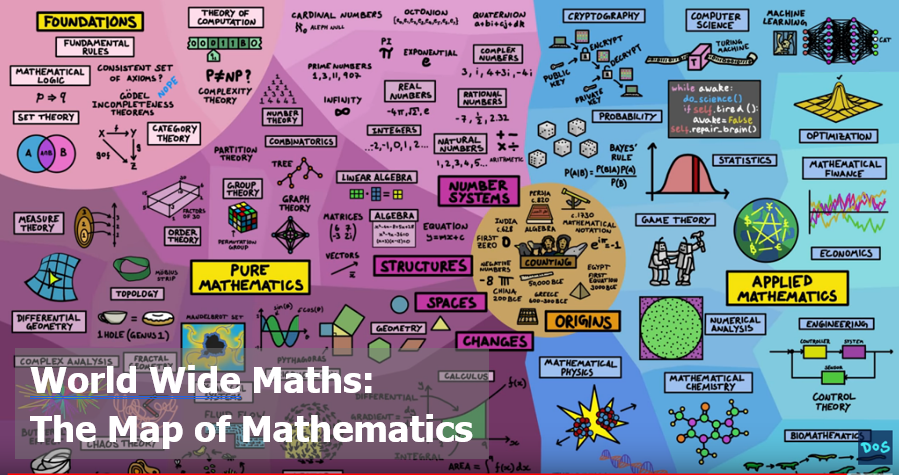The Map of Mathematics
Posted by Colin Ward on 5th Feb 2020
One of the most common complaints we hear from people about maths is: "When have I ever needed [something mathematical] in real life?"
It's easy to understand this argument. Maths can feel like a foreign language. It's actually the universal language. But if you think it was "pointless" learning at school, consider everything else you learnt that you don't use every day.
How often do you use the periodic table? How many times do you need to remember the poetry of Gillian Clarke? When was the last time you actually played "rounders"?
Learning is not only the act of acquiring knowledge that will be used in future. Our brains are muscles. The more they are used, the greater our potential. Learning anything is our brain's exercise.
Brains develop more when we explore the "how" and the "why" of life. Think about building a bridge. The bricks are the "what" - the cement is the "how" - the streams or river below is the "why." We'll need a strong archway (you'll need pi to calculate that) which needs a good frame to build from (you'll need Pythagoras' theorem for that.)
"The Map of Mathematics"
For today's World Wide Wednesday we point you towards a wonderful vid on youtube.
It's a fantastically interesting, short vid on how maths developed over time. If you don't have a degree, Masters, or PhD in maths, you're in my boat. We're unlikely to understand most of the maths in the vid. No worries about that: we can spot the little bits where we can say "ooh, I learnt that at school."
"For example, if you put a circle inside a square, throw darts at it, and compare the number of darts in the circle and square portions, you can approximate the value of pi."
I did not know that. It's fascinating. And look...I learnt something new...which is pretty useless, except for...
If I want to put a round cake or a pizza in a box, and have a rough idea how much space will be left to fit more cakes, or extra nibbles in the corners, there's a pretty quick way to estimate it using the maths that I do know.
That's why we picked this video, because it shows us all the maths then most of us don't understand, but how all of it is underpinned by what we ALL understand. We all learnt to walk, but not all of us became marathon runners. We all learnt to colour inside the lines, but few of us became designers.
There's never any harm appreciating the size, breadth, and wondrous world around us that we don't understand.

Part of the concerns surrounding maths comes from the pressure built for exams. Littlestreams has a wide range of resources for revision in all areas of Mathematics, and we are increasing our stock all the time.
Why not take a look today? If there is anything we don't currently have in stock, get in touch with us, as we might be making it, or we might need you to nudge us along.


